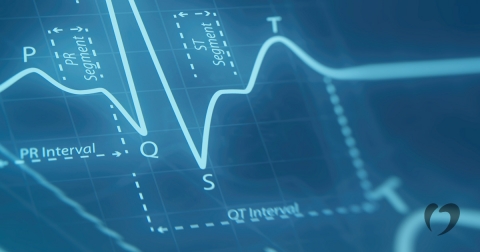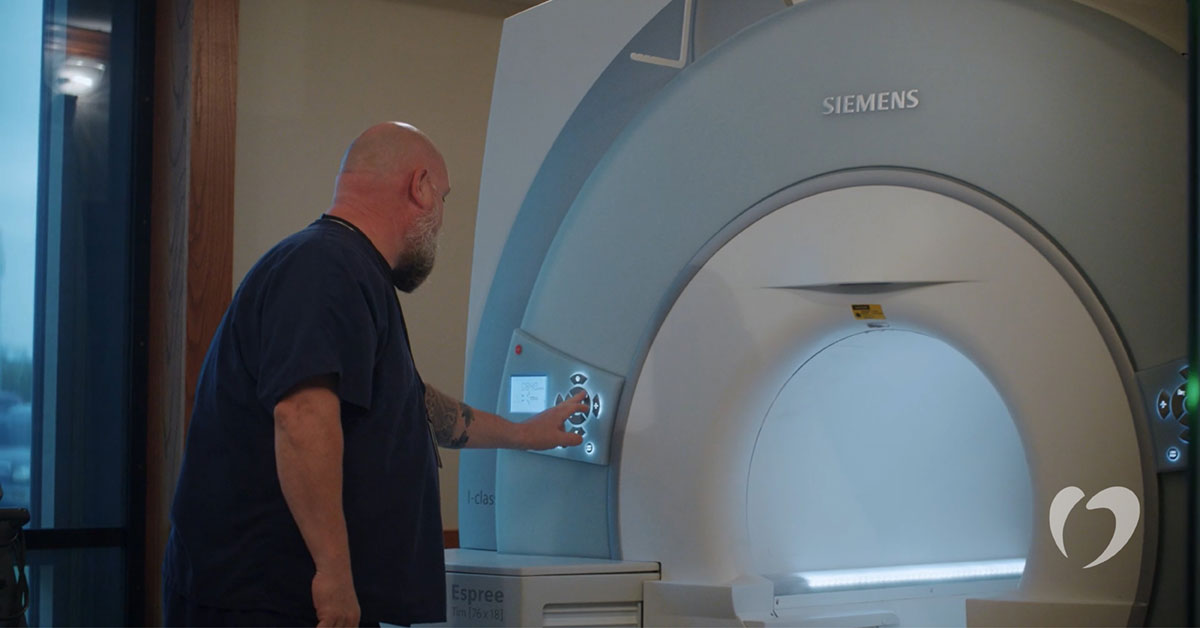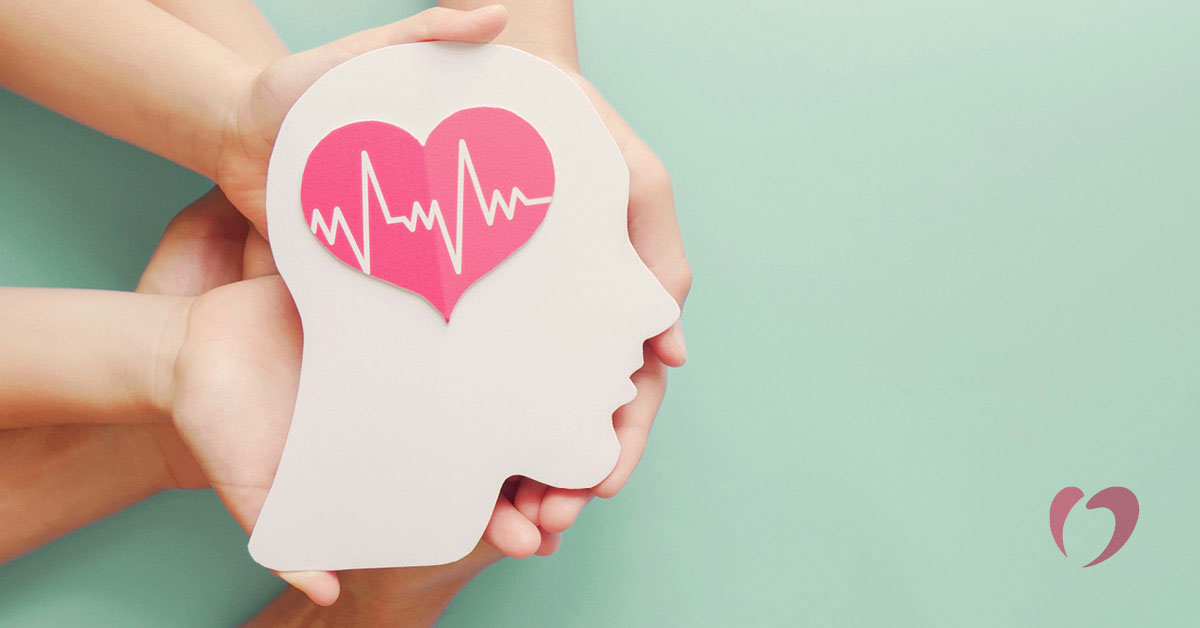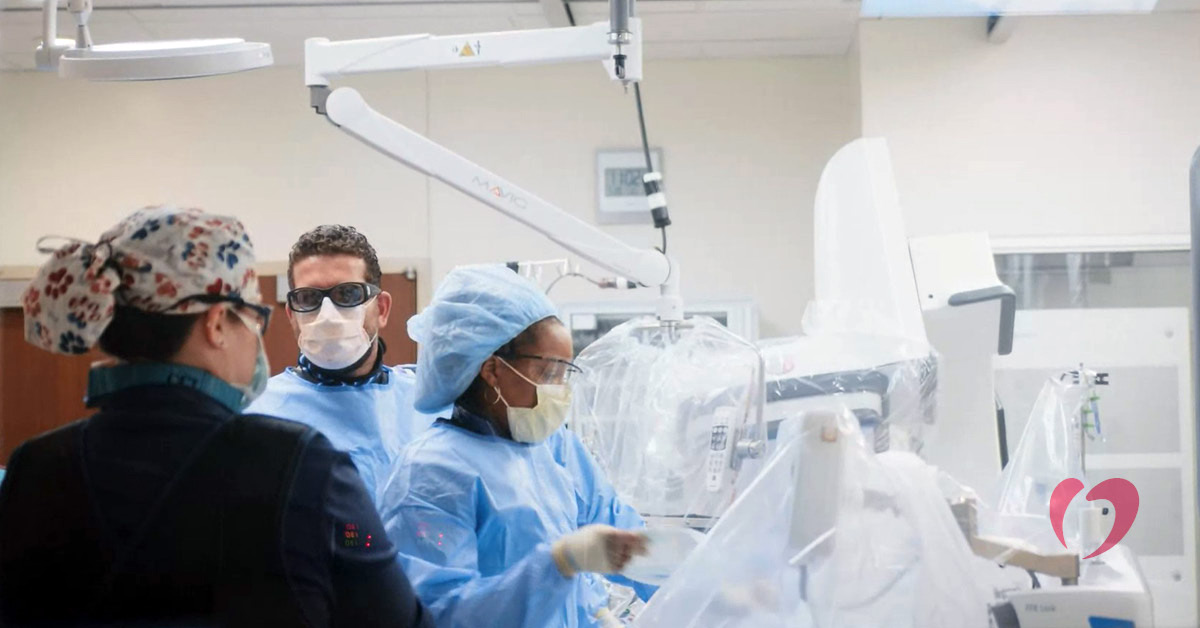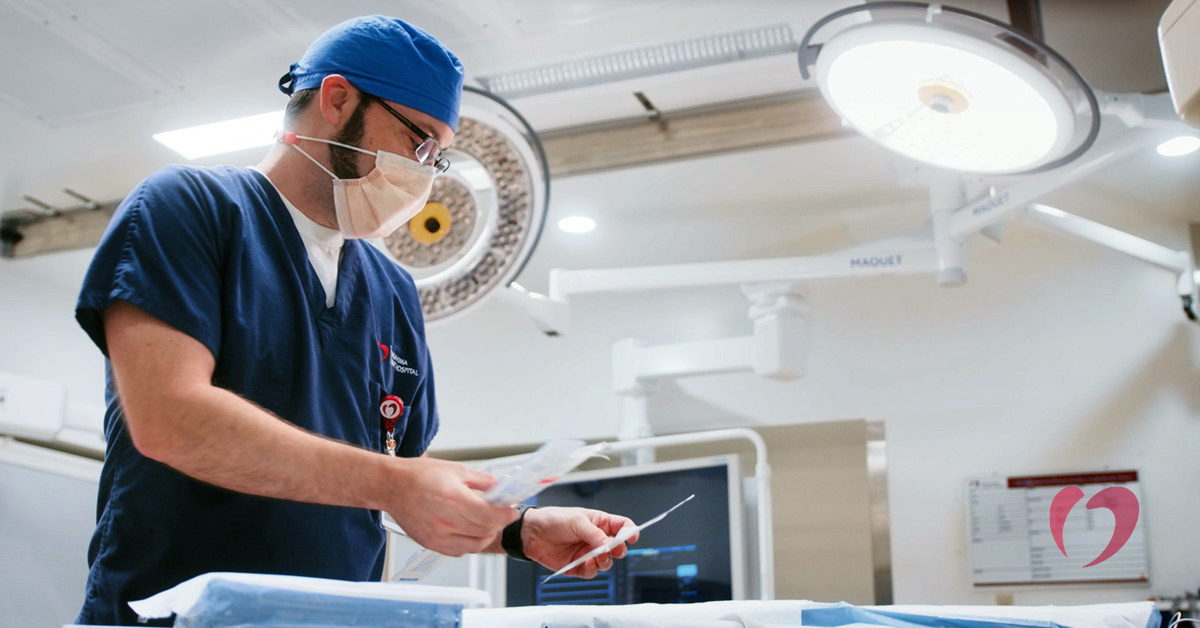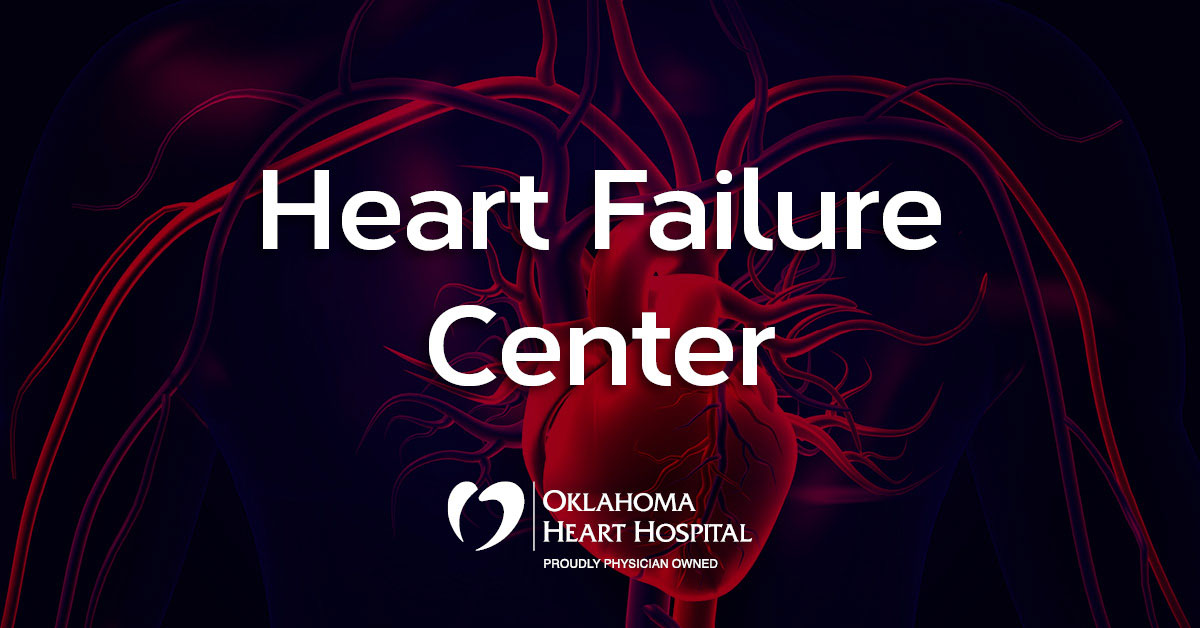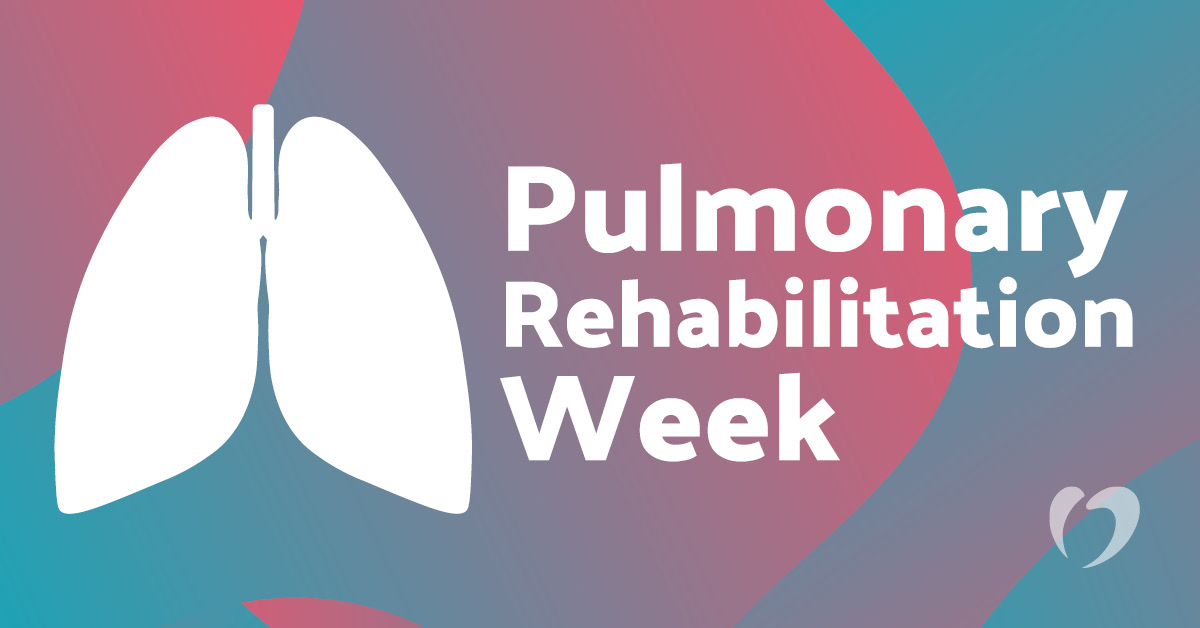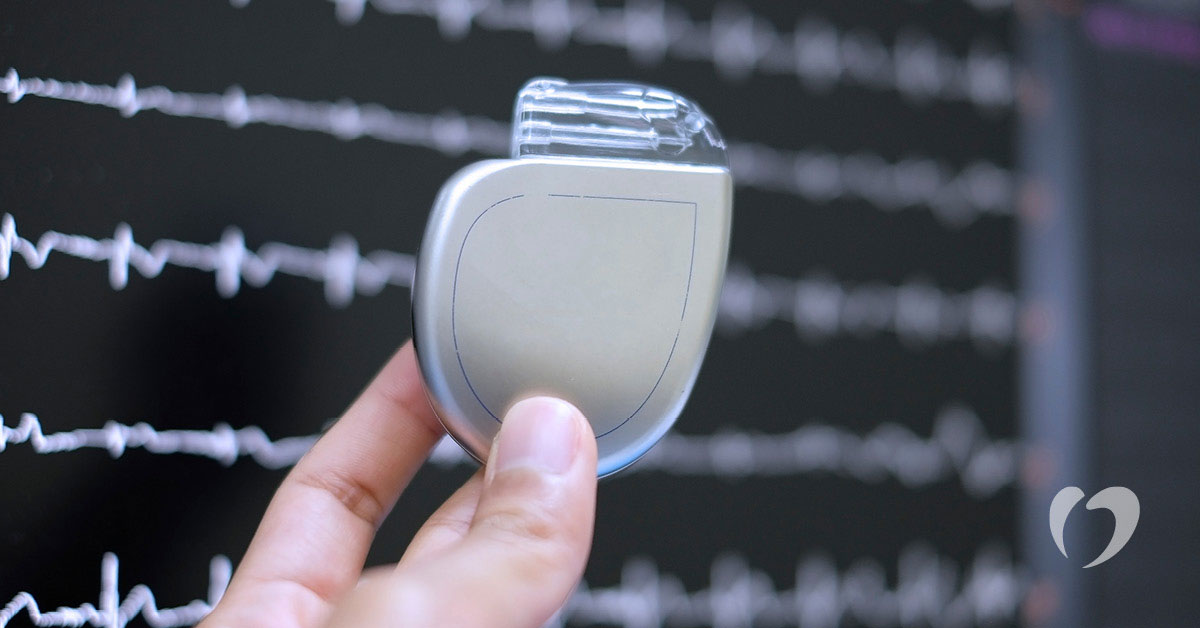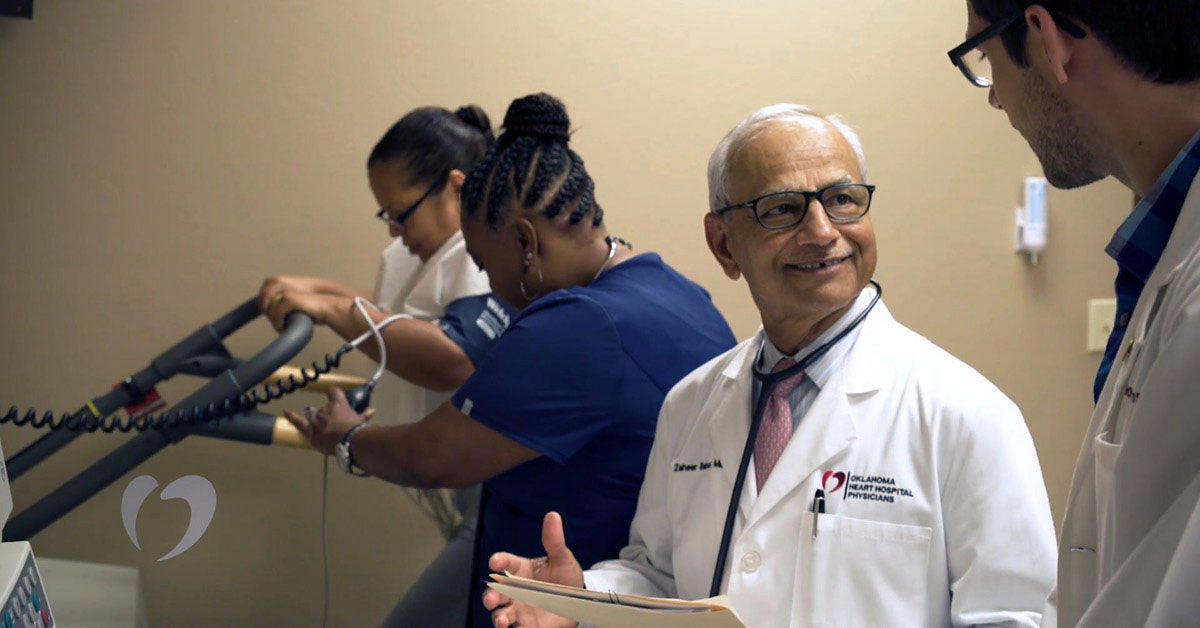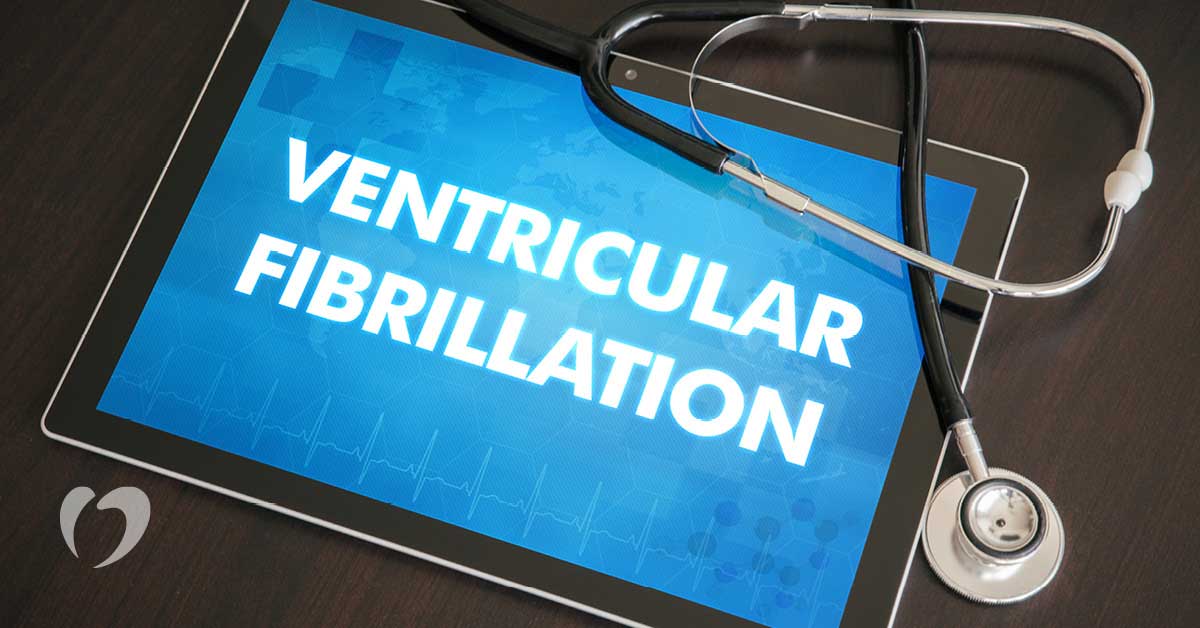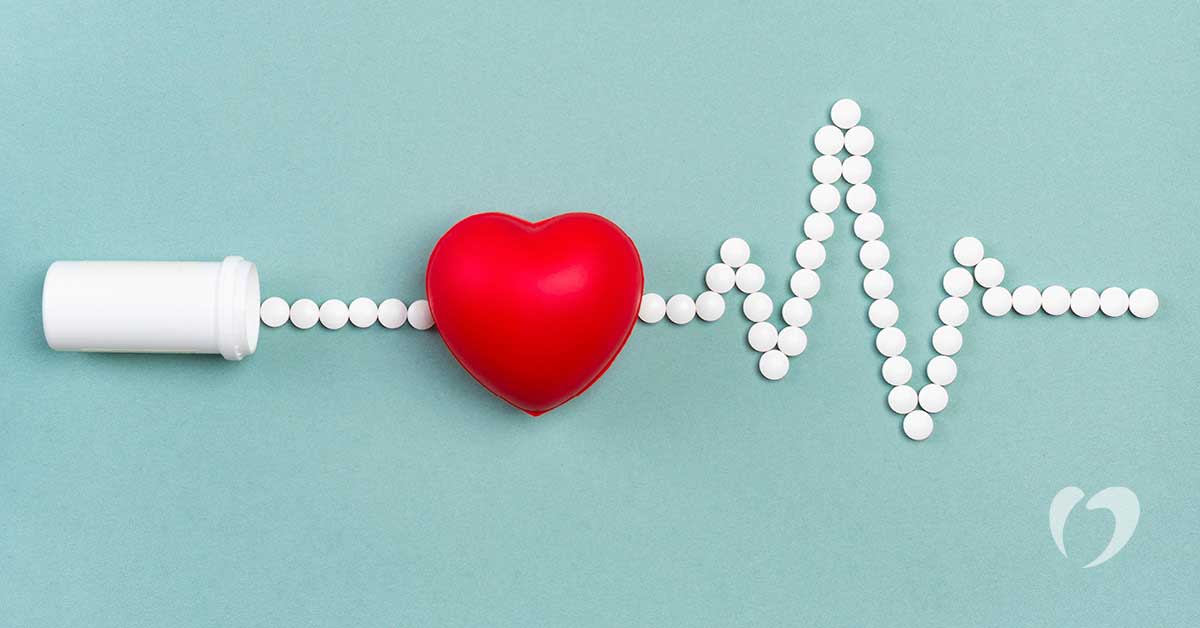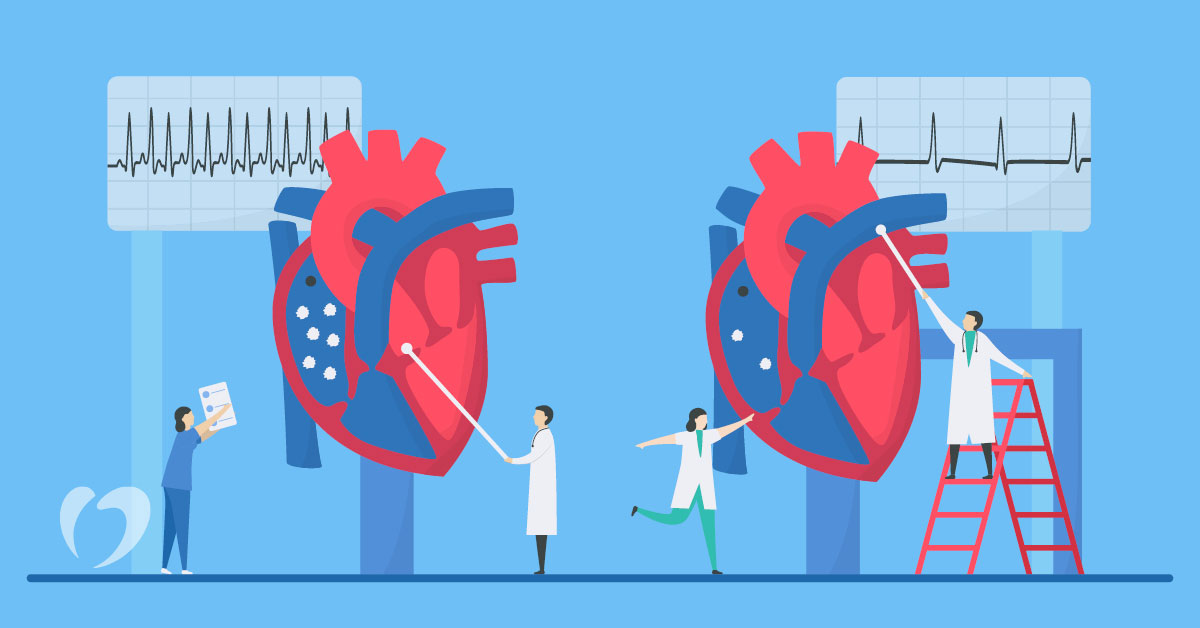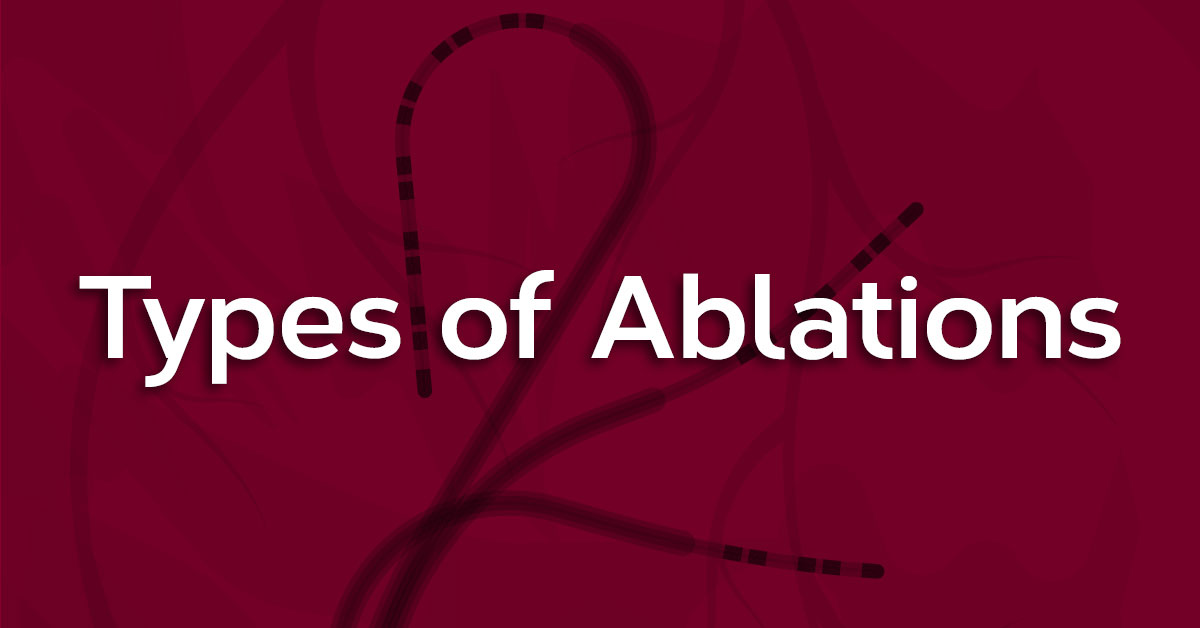Long QT Syndrome: Symptoms, Diagnosis, and Treatment
In Long QT Syndrome, the heart’s electrical system takes longer than normal to recharge between heartbeats, which can lead to a life-threatening arrhythmia.
Read MoreCardiac MRI to Diagnose Heart Conditions
A cardiac MRI is an imaging test used by doctors to diagnose and monitor various heart conditions. It is safe, noninvasive, and provides reliable images.
Read MoreMay is National Stroke Awareness Month
During the month of May, we educate and raise awareness about strokes and stroke prevention. Strokes can have a number of causes, including various heart diseases and conditions.
Read MoreWhat to Expect with an Angiogram
A coronary angiogram is one of the most common catheter procedures used to diagnose narrow or blocked arteries. It uses a special dye and X-rays to take pictures of the blood vessels around the heart.
Read MoreReducing Risk of Infection After Surgery
There is always some risk of infection after surgery, and any infection can complicate the healing process and make it harder to recover. There are many steps to take before, during, and after surgery to prevent infection.
Read MoreVasovagal Syncope: A Common Cause of Fainting
One of the most common causes of fainting episodes is vasovagal syncope. In vasovagal syncope, the brain misinterprets stimuli and overreacts to it.
Read MoreSpotlight on the Heart Failure Center
The Heart Failure Center at Oklahoma Heart Hospital specializes in treating patients with heart failure and improving their quality of life through a collaborative team approach, participation in clinical trials, and use of cutting-edge technology.
Read MoreNational Pulmonary Rehabilitation Week
National Pulmonary Rehabilitation Week begins March 13. During this week, we highlight the importance of pulmonary rehab and how it can help patients with chronic lung disease.
Read MoreReplacing a Pacemaker or Defibrillator
Pacemakers and implantable cardiac defibrillators are life-saving devices for many people. But like any electronic device, they occasionally need to be replaced.
Read MoreWhat to Expect During a Cardiac Stress Test
A stress test helps your doctor diagnose heart diseases and disorders by monitoring heart activity as heart rate is gradually increased and decreased.
Read MoreGo Red for Women 2022
In February, we Go Red for Women. Focusing on women’s heart health and educating women about the risks for cardiovascular disease can make a big impact on health outcomes.
Read MoreVentricular Fibrillation
Ventricular fibrillation is an uncommon but very serious arrhythmia that can result in death within minutes.
Read MoreNational Blood Donor Month
During the month of January, we celebrate and educate about blood donation. For heart patients, it is important to understand how their health conditions may affect blood donation and the need for blood.
Read MoreWeight Loss Supplements and Heart Health
Supplements may seem like a harmless way to try to lose weight, but they can have serious consequences for those with heart conditions. Always talk to your doctor before beginning a new supplement.
Read MoreNonsurgical Treatment for Abnormal Heart Rhythms
For patients with abnormal heart rhythm, there are three types of nonsurgical treatment often used: medication, cardioversion, and catheter ablation.
Read MoreKnow Your Heart Health Numbers
Blood pressure, heart rate, cholesterol, weight, and blood sugar levels are important heart health numbers to monitor. Regular monitoring can help catch heart problems early and lead to more effective treatment.
Read MoreRevised Guidelines on Aspirin for Heart Health
Daily low-dose aspirin for overall heart health is no longer recommended for most adults. A panel of medical experts has determined the risks outweigh the benefits in many situations.
Read MoreTachycardia: Causes, Symptoms and Treatment
Tachycardia is a fast heartbeat (over 100 beats per minute) with a range of underlying causes, from structural defects of the heart to stress and lifestyle factors. It is important to determine the cause of your tachycardia and follow the recommended treatments.
Read MorePotential Cardiac Causes of Dizziness
There are many potential cardiac causes of dizziness, including blood pressure concerns, abnormal heart rhythms, stroke, thickening of the artery walls, or heart attack.
Read MoreTypes of Ablations to Treat Arrhythmia
Cardiac ablation is a treatment that involves removing or destroying tissue that’s causing an arrhythmia. Ablation can be done using cold, heat, lasers, or chemicals.
Read More
